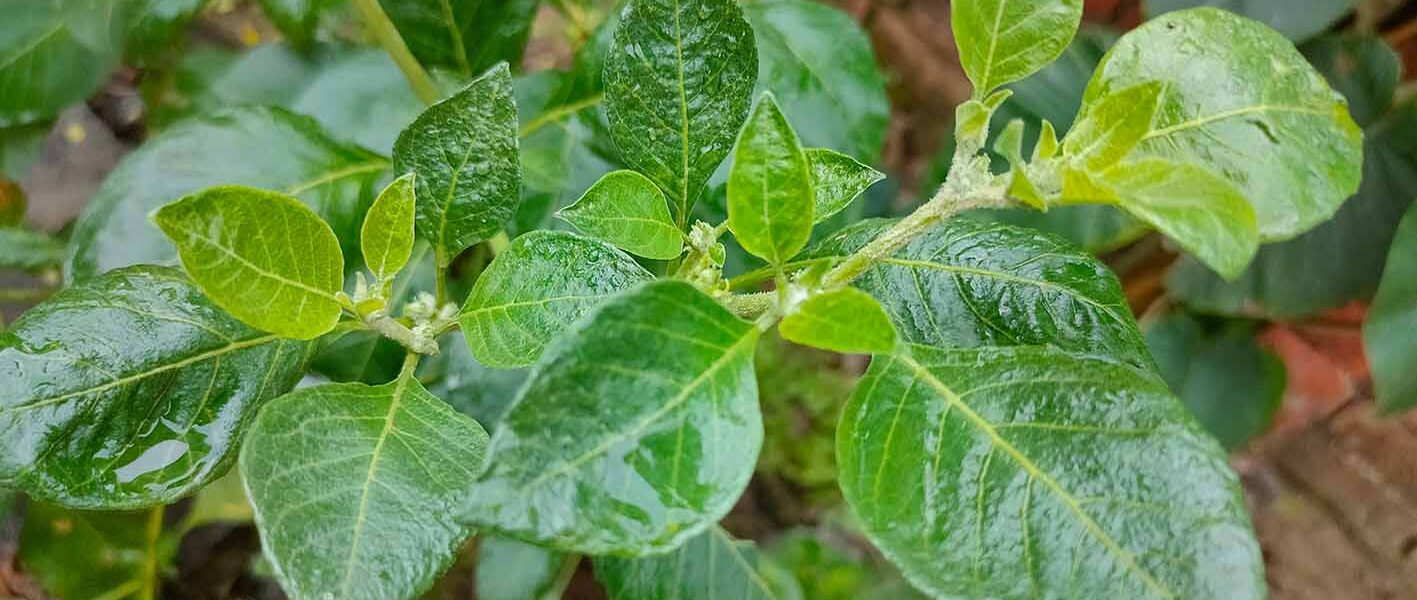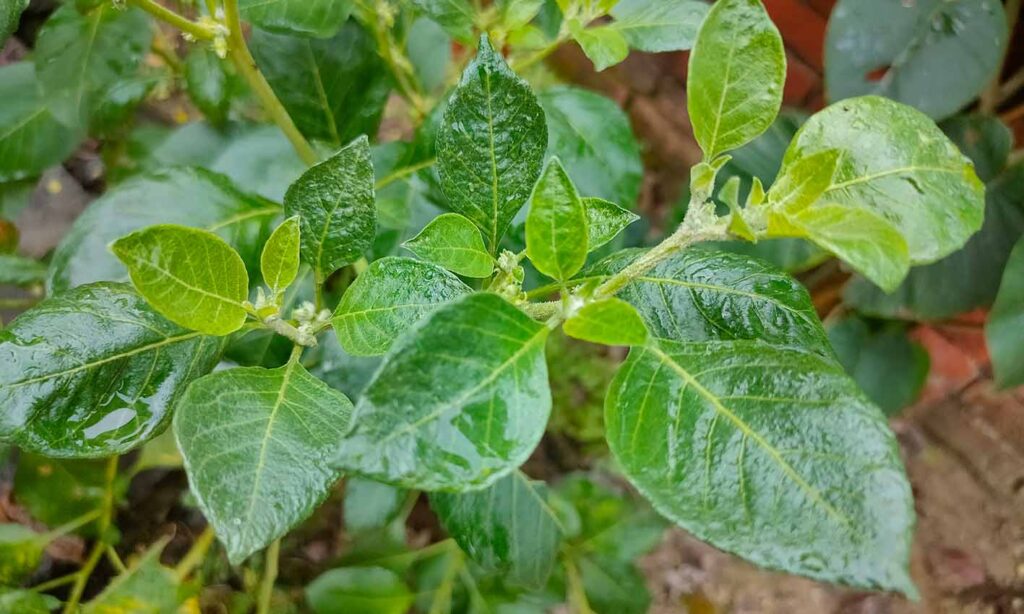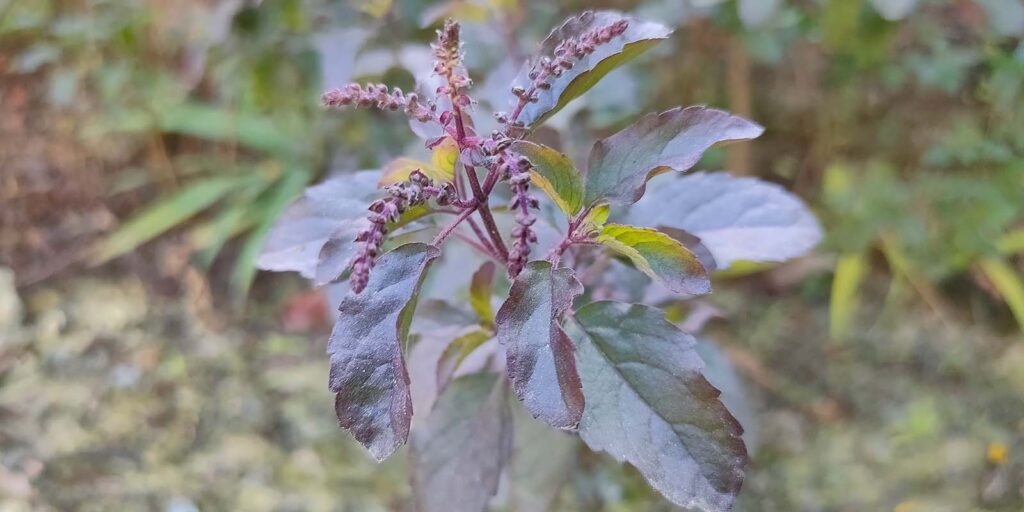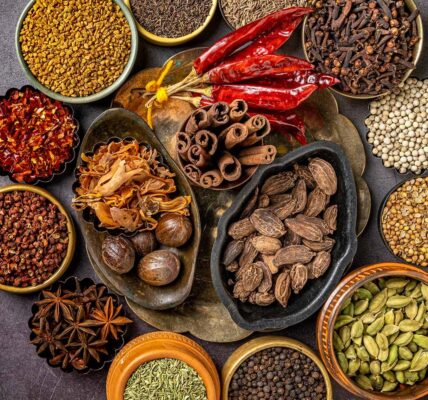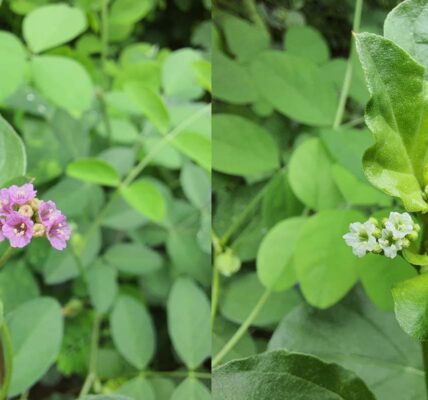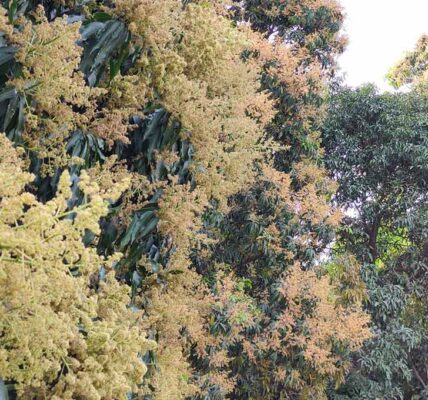Unveiling Ayurvedic Insights: Navigating the Tapestry of 10 Medicinal Herbs for Holistic Mental Health
Let’s discover the power of Ayurvedic wisdom with 10 medicinal herbs for holistic mental health. Ayurveda, the ancient system of holistic healing that traces its roots to India, provides a profound understanding of health that encompasses the interconnected realms of the mind, body, and spirit. Within the sacred tapestry of Ayurvedic medicinal herbs, a collection of botanical wonders has been identified, each carrying properties tailored to enhance mental well-being. In this exploration, we embark on a journey through the wisdom of Ayurveda, unraveling the significance of 10 therapeutic herbs and discerning the intricate mechanisms through which they contribute to fostering a balanced and resilient state of mind.
- Brahmi (Bacopa Monnieri):
- Brahmi, also known as Water Hyssop, is a small creeping herb found in wetlands and marshy areas. Its name is derived from Brahma, the creator in Hindu mythology, symbolizing its use in promoting knowledge and wisdom.
- Significant Property: This medicinal herb is renowned for its adaptogenic and nootropic properties, making it one of the best herbs for holistic mental health.
- Mechanism: Brahmi is an adaptogenic herb, meaning it helps the body adapt to stressors. It achieves this by modulating cortisol levels and supporting the adrenal glands. Additionally, Brahmi enhances cognitive function as a nootropic. It stimulates the production of acetylcholine, a neurotransmitter crucial for memory and learning. This dual action makes Brahmi a powerful ally in promoting mental resilience and cognitive clarity.
- Ashwagandha (Withania Somnifera):
- Ashwagandha, often referred to as Indian Ginseng or Winter Cherry, is a revered adaptogenic herb native to India and North Africa. Its name is derived from Sanskrit, meaning “smell of the horse,” alluding to its distinct odor and traditional belief in conferring the strength and vitality of a horse.

Ashwagandha (Withania Somnifera) – Top Medicinal Herbs for Holistic Mental Health - Significant Property: This medicinal herb is renowned for its adaptogenic properties, helping the body cope with stress, and its anxiolytic properties, contributing to a sense of calm and relaxation.
- Mechanism: Ashwagandha’s adaptogenic properties lie in its ability to modulate the HPA axis, regulating the body’s response to stress. It accomplishes this by reducing cortisol levels and promoting a balanced stress response. Additionally, Ashwagandha acts as an anxiolytic, alleviating anxiety. Its mechanism involves influencing neurotransmitters, such as gamma-aminobutyric acid (GABA), to induce a calming effect on the nervous system.
- Ashwagandha, often referred to as Indian Ginseng or Winter Cherry, is a revered adaptogenic herb native to India and North Africa. Its name is derived from Sanskrit, meaning “smell of the horse,” alluding to its distinct odor and traditional belief in conferring the strength and vitality of a horse.
- Shankhpushpi (Convolvulus Pluricaulis):
- Introduction: Shankhpushpi, with its delicate blue flowers, is a venerated herb in Ayurveda. Its name is derived from the conch-shaped flowers, resembling the sacred Shankh (conch) often associated with divine energies.
- Significant Property: This medicinal herb is considered as one of most effective Nervine Tonic.
- Mechanism: Shankhpushpi acts as a nervine tonic, calming the nervous system and promoting mental clarity. Its mechanism involves enhancing neurotransmitter activity, particularly gamma-aminobutyric acid (GABA), which is associated with relaxation and reducing neuronal excitability. Shankhpushpi is renowned for its ability to enhance memory and cognitive function, making it a valuable ally for mental rejuvenation.
- Jatamansi (Nardostachys Jatamansi):
- Introduction: Jatamansi, also known as Spikenard, is a fragrant herb native to the Himalayan region. Its name is derived from Jata (dreadlocks) and Mansi (one who resides), symbolizing its traditional use in promoting a calm and centered state of mind.
- Significant Property: Relaxant and Calming
- Mechanism: Jatamansi’s calming properties stem from its impact on neurotransmitters, particularly serotonin and gamma-aminobutyric acid (GABA). By modulating these neurotransmitters, Jatamansi induces a sense of calm and relaxation. It is often used to alleviate symptoms of anxiety and insomnia, making it a cherished herb for restoring mental equilibrium.
- Tulsi (Ocimum Sanctum):
- Introduction: Tulsi, or Holy Basil, is revered as the “Queen of Herbs” in Ayurveda. Its sacred significance is embedded in Hindu mythology, where it is considered an earthly manifestation of the goddess Tulsi, a symbol of divine protection.
- Significant Property: Adaptogenic and Anti-Anxiety

Krishna Tulasi (holy basil) for Holistic Mental Health - Mechanism: Tulsi’s adaptogenic nature helps the body cope with stress by modulating stress hormones. Its anti-anxiety properties involve influencing neurotransmitters, such as serotonin and dopamine, to induce a calming effect. Tulsi is not merely a physical tonic but a holistic ally, supporting mental resilience and emotional well-being.
- Shatavari (Asparagus Racemosus):
- Introduction: Shatavari, often called the “Queen of Herbs” alongside Tulsi, is a climbing plant native to the Indian subcontinent. Its name translates to “she who possesses a hundred husbands,” symbolizing its rejuvenating and nourishing qualities.
- Significant Property: Rejuvenative and Nourishing
- Mechanism: Shatavari’s rejuvenative properties lie in its ability to nourish the nervous system. It provides deep support to mental well-being by restoring vitality and promoting a sense of nourishment. Its mechanism involves balancing Vata and Pitta doshas, contributing to overall mental and physical nourishment.
- Gotu Kola (Centella Asiatica):
- Introduction: Gotu Kola, also known as Brahmi in some regions, is a low-growing plant found in wetlands. Its name in Sinhala, the language of Sri Lanka, translates to “fountain of life,” capturing its traditional association with longevity and cognitive vitality.
- Significant Property: Brain Tonic and Antioxidant
- Mechanism: Gotu Kola acts as a brain tonic by promoting the growth of dendrites, the branched extensions of nerve cells facilitating communication. Its antioxidant properties protect the brain from oxidative stress, contributing to mental clarity and overall cognitive health. Gotu Kola is a multifaceted herb supporting both the nervous system and cognitive function.
- Guduchi (Tinospora Cordifolia):
- Introduction: Guduchi, often referred to as Amrita or the “Divine Nectar,” is a climbing herb with heart-shaped leaves. Its name reflects its sacred significance and traditional use as a powerful immunomodulator.
- Significant Property: Immunomodulatory and Anti-Stress
- Mechanism: Guduchi modulates the immune system, promoting a balanced and responsive immune response. Its anti-stress properties involve aiding the body in adapting to stressors, fostering resilience. Guduchi’s dual action indirectly supports mental health by contributing to overall vitality and immune resilience.
- Arjuna (Terminalia Arjuna):
- Introduction: Arjuna, named after the legendary archer prince from the Mahabharata, is a tree indigenous to the Indian subcontinent. Its bark, often used in Ayurvedic preparations, holds a significant place in traditional medicine.
- Significant Property: Cardioprotective and Stress-Reducing
- Mechanism: Arjuna’s cardioprotective properties indirectly influence mental health by promoting cardiovascular health. Its mechanism involves strengthening the heart and improving blood circulation. By reducing the workload on the heart and enhancing oxygen supply to the body, Arjuna contributes to stress reduction, offering support for holistic well-being.
- Vacha (Acorus Calamus):
- Introduction: Vacha, also known as Sweet Flag, is a perennial herb found in wetlands and marshy areas. Its name originates from the Sanskrit word meaning “speaking,” reflecting its traditional use in enhancing speech and cognitive function.
Significant Property: Nervine Tonic and Memory Enhancer
Mechanism: Vacha acts as a nervine tonic, calming the nervous system and promoting mental clarity. Its memory-enhancing properties involve influencing neurotransmitters associated with memory and cognition. By supporting both the nervous system and cognitive function, Vacha emerges as a multifaceted herb for promoting holistic mental health.
- Introduction: Vacha, also known as Sweet Flag, is a perennial herb found in wetlands and marshy areas. Its name originates from the Sanskrit word meaning “speaking,” reflecting its traditional use in enhancing speech and cognitive function.
In the vast expanse of Ayurveda, these 10 medicinal herbs stand as stalwarts in nurturing mental well-being. Their unique qualities, significant properties, and intricate mechanisms weave a tapestry of holistic support for the mind. As individuals embark on a journey toward balanced mental health, the wisdom of Ayurveda offers a diverse and profound array of botanical allies. It is crucial to approach the integration of these herbs with mindfulness and, when needed, seek guidance from qualified healthcare practitioners. Embracing the botanical symphony of Ayurveda invites us to harmonize our minds, bodies, and spirits, fostering a resilient and nourished state of well-being.
References:
- Kenda, Maša et al. “Medicinal Plants Used for Anxiety, Depression, or Stress Treatment: An Update.” Molecules (Basel, Switzerland) vol. 27,18 6021. 15 Sep. 2022, doi:10.3390/molecules27186021
- Shahrajabian, Mohamad H et al. “Traditional herbal medicines to overcome stress, anxiety and improve mental health in outbreaks of human coronaviruses.” Phytotherapy research : PTR vol. 35,3 (2021): 1237-1247. doi:10.1002/ptr.6888
Image Source: Ashwani Kumar
